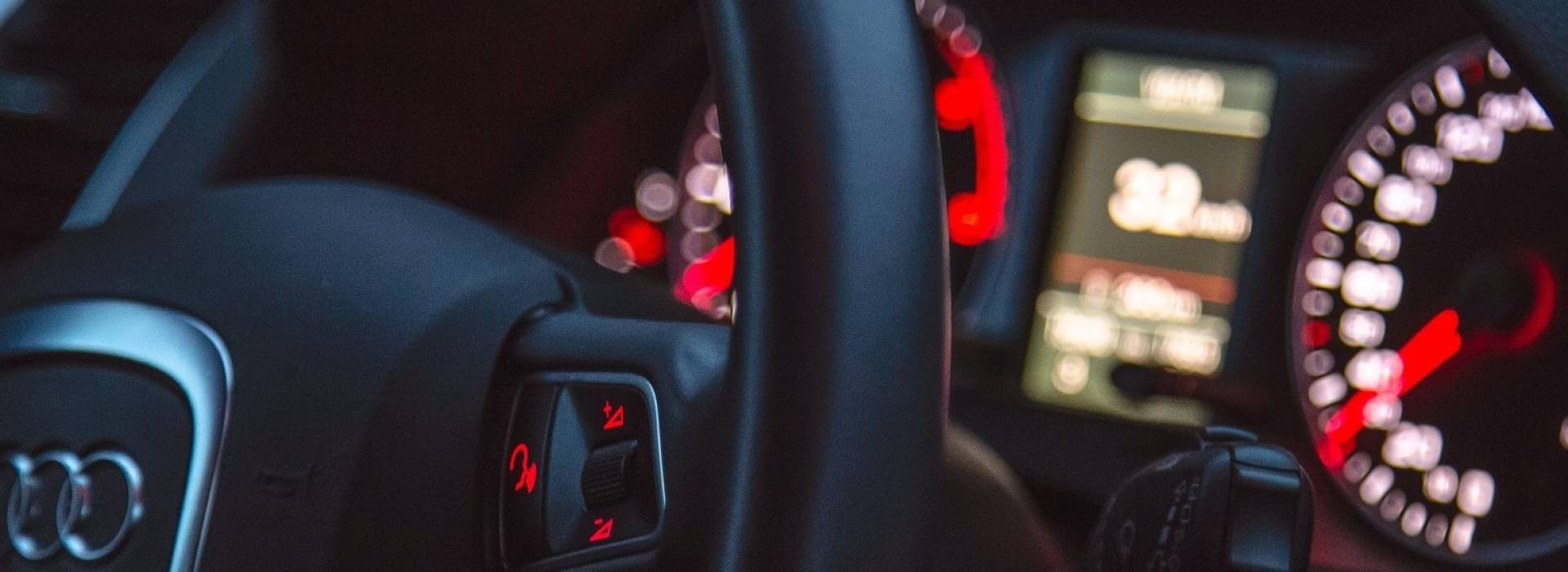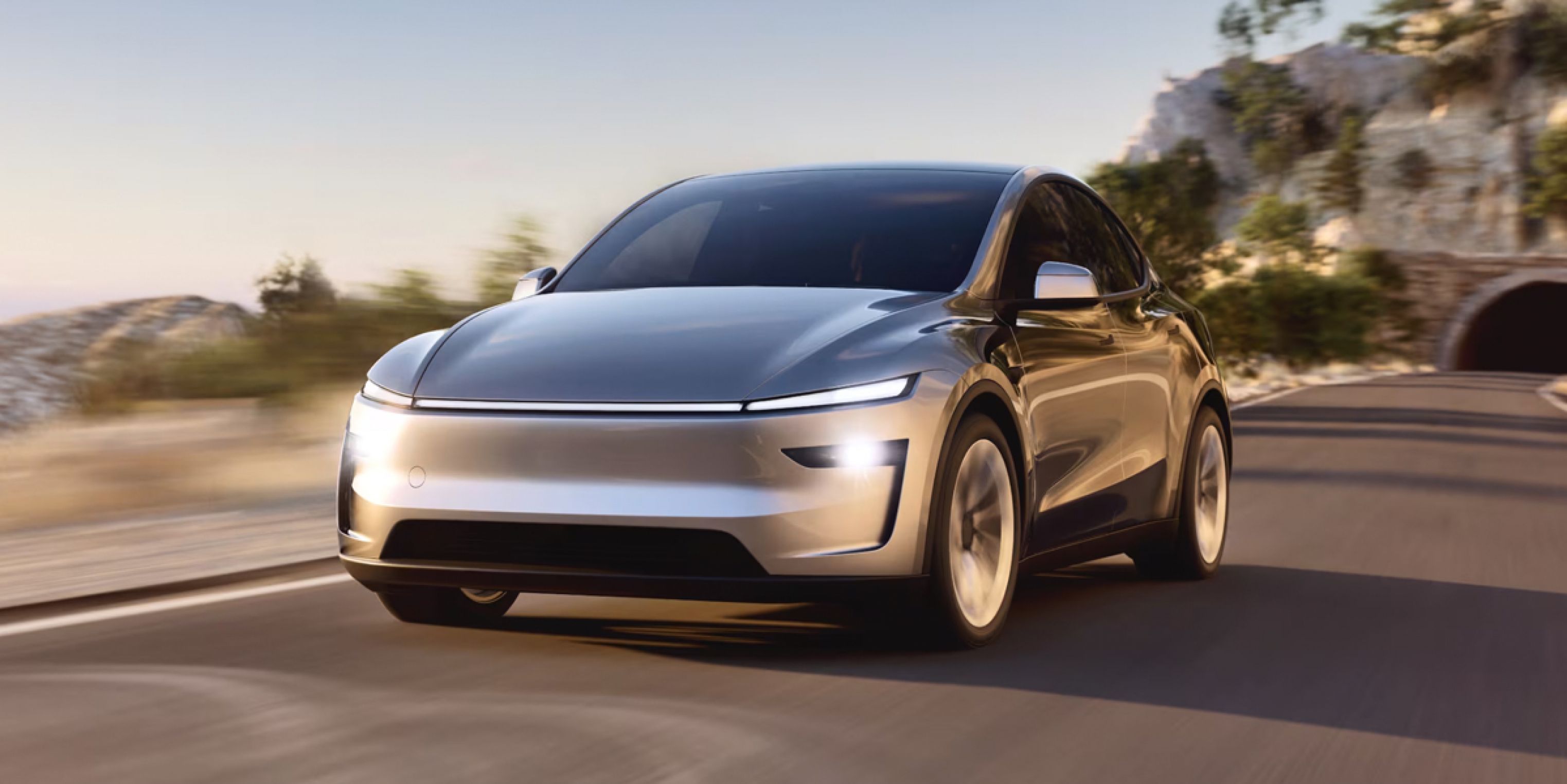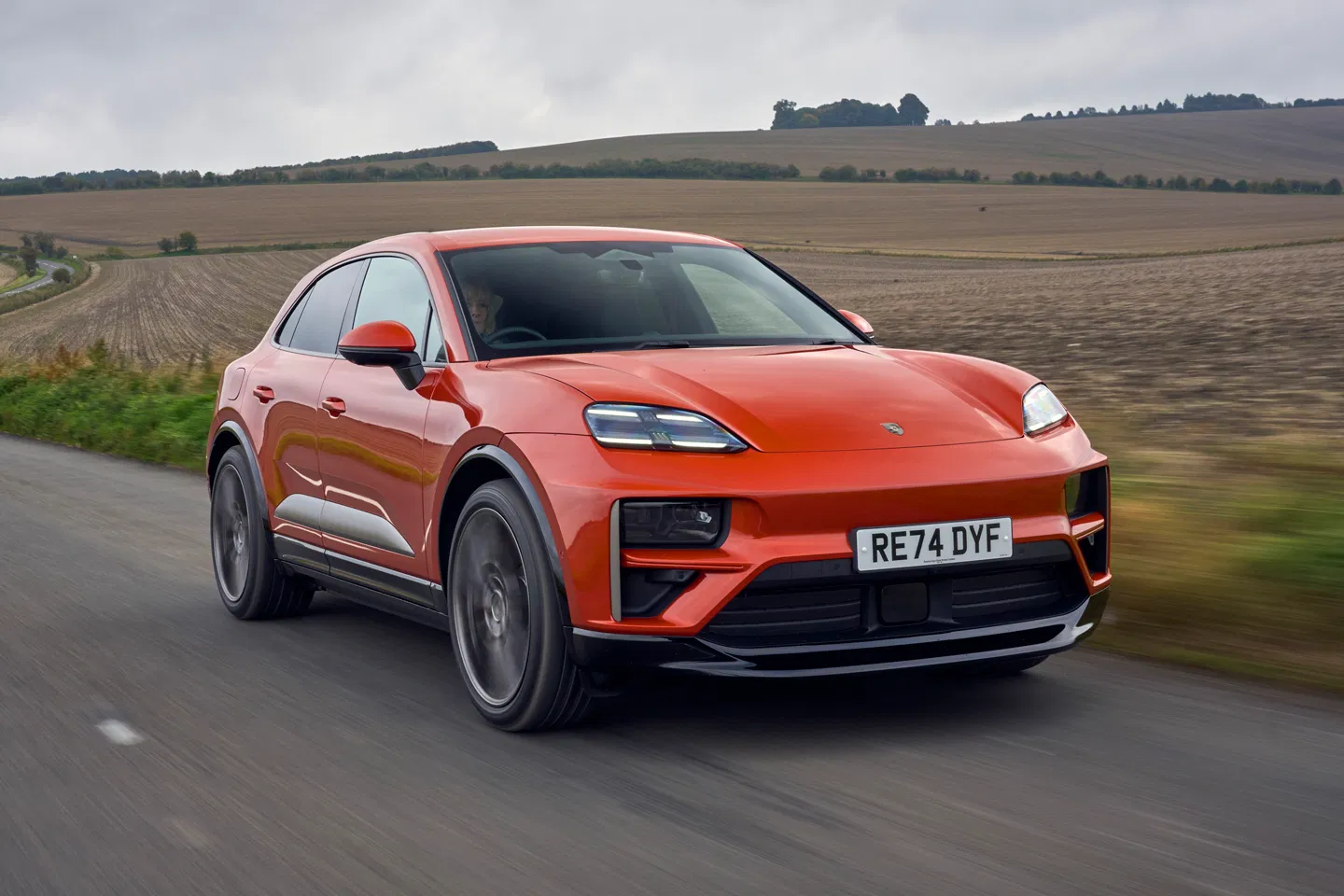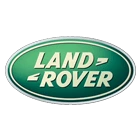Business Leasing Explained
Everything you need to know about business vehicle leasing

Business car leasing, also known as Business Contract Hire (or BCH for short) works the same way as any type of car lease, with a few differences.
If you're unsure of how car leasing works in general, it is essentially a long-term car rental which usually lasts between 2 and 4 years. At the end, you simply hand the car back.
It might be worth reading our Ultimate Guide to Leasing and coming back here to find out the specifics about Business Leasing.
Jump ahead
Here is what we're going to cover in this guide.

How does business leasing work?
Fast growing to be one of the most popular ways to source vehicles through your business. You choose the vehicle (or vehicles) you require, how long you'd like to lease them for, and how many miles you require.
You pay a fixed monthly rental for the duration of the agreed term and at the end, you simply hand the vehicle back.
There are a number of reasons a business may lease their vehicles compared to traditional finance, so let's dive into them.
What are the benefits of business leasing?
We know the benefits of leasing in general, which you can find in our Ultimate Guide to Leasing, but if you've not read that, here is a summary of the main ones:
Brand-new vehicles with a warranty & breakdown cover
Road tax included for the duration
No depreciation worries
Fixed motoring costs
Include maintenance
Keeps credit free
But what are the specific benefits of leasing through your business?
Claim back VAT
The first benefit is the ability to claim back VAT paid on your lease, which of course, you need to be VAT registered to benefit from. You are able to claim back 100% of the VAT on commercial vehicles and cars used for 100% business use, and you can claim back 50% of the VAT on cars which are used personally, too. You can also claim back 100% VAT on maintenance payments if you've chosen to include a maintenance package.
Reduce corporation tax
All of the lease payments are used to offset your corporation tax if you're a limited company and if you're a sole trader or partnership, they'll offset your tax bill. For vans, the cost is 100% deductible and for cars, it is 100% if the CO2 is 100g/km or less, but is different for cars with a CO2 of 111g/km or above.
Keep your balance sheet free
Leasing the vehicle means you're hiring it, not purchasing it. This means there will not be a large liability on your balance sheet like there would be if you were to finance or purchase a vehicle outright. As you don't own the vehicle, it is not classed as an asset.
No personal commitment
This is not a benefit for everyone but is for a lot of people. By leasing the vehicle through your business, you are keeping your personal credit free, which can help if you're looking to borrow elsewhere (like a mortgage or loan).
Exclusive business offers
Not all, but some lease companies offer better prices for businesses. There are a number of reasons for this, including volume-based discounts. If you need more than one vehicle, you might be able to get an even better deal.
Salary sacrifice
Salary sacrifice is a great scheme if you want to get a car for yourself or an employee, which can help reduce tax and NI. You can find more on salary sacrifice here.

What are the considerations for leasing a car through your business?
Company car tax
Company car tax, also referred to as benefit-in-kind (or BIK for short), is a tax an employee pays if they receive a benefit (i.e. a car) in addition to their salary. So unless the car is being used for 100% business use, the employee will pay BIK. How much they pay depends on a number of things, like P11d, CO2 and the employee's tax bracket. Find out more on company car tax here.
Early termination fees
If an employee leaves a business, you could move their company car onto another employee. However, if you can't do that, it can be quite costly to hand the car back early, usually costing 50% of the remaining rentals.
Higher National Insurance Contributions
Like all benefits available to employees, you'll have to pay higher NIC, however, this can be somewhat marginal compared to the savings, depending on the vehicle, especially the P11d and CO2.
Vehicle restrictions
You might find that the company must stick to certain guidelines when it comes to choosing a vehicle, such as the type of vehicle, it's CO2 output, the physical colour of the car, etc. Whereas if you were to lease personally, it would be completely up to you which car you lease.
Can't claim back mileage
If you use your personal car for business use, you'll be able to claim back on the mileage. If you have a company car, you can't do this. You may also need to pay a fuel tax, if your fuel is included in your package.

Company Car Tax
Company car tax, which is also referred to as benefit-in-kind (or BIK for short), is a tax payable by anyone using a business lease car for personal use.
And the first thing to mention is that company car tax is not payable on commercial vehicles or cars that are for 100% business use. So if you are looking to lease a commercial vehicle or a car for business use only, it will be cost-effective to lease it through your business.
However, if the car is being used personally, even just commuting, you will need to pay company car tax, which could end up being more than what you're saving by leasing it through your business in the first place.
So, step one, work out how much the BIK is so you can compare it to the savings.
How much company car tax will I pay?
To calculate the company car tax amount, multiply the P11d value by the BIK percentage, then multiply it by your tax band.
Take the Volkswagen Golf 1.5 TSI Life 150 5dr as an example, with a P11d value of £28,000 and CO2 of 127g/km.
We multiply £28,000 by the BIK percentage, which is 30% (you can find them here), giving you £8,400.
Then multiply £8,400 by your tax bracket. If your tax bracket is 20%, this would give you £1,680.
£1,680 is how much company car tax you'll pay annually, or £140 per month.
All of our business lease deals show the BIK figures on the page, so you won't need to manually work them out.
Or, if you'd prefer, you can just use our company car tax calculator here.
This is why Electric Cars have become a very popular option for businesses.
They have a CO2 of zero, so the BIK bracket for all EVs is just 2% until 2025, increasing by 1% per year until 2028.
To compare this to the Golf above, if you looked at the Volkswagen ID.3, which is a similar size to the Golf, but with a starting P11d of £36,505, the company car tax amount would be less than £13 per month...
More on the benefits of leasing an electric car through your business here.

Should I lease personally or through my business?
First, weigh up if leasing through your business is going to save you money or cost you more money.
In the most basic form, to do this, add up the VAT you can claim back, as well as the corporation tax you'll save, and compare it to the BIK you'll pay. However, we recommend speaking to your accountant, as they'll be able to give you exact, real-life figures.
If you're going to save money and your business is eligible, then it probably makes sense to go for a business lease.
If it is going to cost you more money than if you were to lease it personally, then you need to decide if the non-cost benefits of leasing it through your business are worth the extra cost.
For example, if it is going to cost you a few hundred pounds a year more to go through the business, but you know you'll be looking for a new mortgage soon, it might be worth doing.
Is my business eligible for a car lease?
Businesses of all sizes and industries are eligible for leasing, including:
Sole trader/self-employed
Partnership
Limited liability partnerships (LLPs)
Limited company (LTD)
Public limited company (PLC)
Public sector organisations (such as government, schools, and NHS trusts)
Whether you're a small startup, a medium-sized enterprise, or a large corporation, we work with leasing companies that will help.
You do not need to be VAT-registered, although this does give you added advantages, as we discussed above.
What do I need to apply for a business lease?
To apply for a business lease, you will have to provide all of the business details, including director information, and bank details. Depending on the age or strength of the business, you may also need to provide documents, such as bank statements or accounts.
We've got a guide on this, which goes into more detail here.

What is a pool car?
A pool car refers to a vehicle that is leased by a company for the purpose of shared use by multiple employees. Pool cars are typically used for business-related travel, such as attending meetings, visiting clients, or running work-related errands.
Unlike standard company cars assigned to specific employees that can be used personally too, pool cars are available for use by any employee you authorise.
A pool car stays on site outside of normal trading hours. Whilst pool cars do not attract company car tax, they are for business use only and cannot be used for personal journeys.

Get in touch
Get in touchWhat is Salary Sacrifice?
Employees can sacrifice a portion of their gross salary in exchange for a brand-new plug-in hybrid or electric vehicle. By doing this, the employee will save on tax and national insurance, and for the employer, it is a way to reduce NI contributions, reduce carbon footprint, and help attract & retain staff.
This can be an amazing scheme and save you loads of money, but there are several considerations.
Check out our Guide to Salary Sacrifice here.
Fleet Solutions
Fleet management involves overseeing and coordinating a company's vehicles to ensure efficient and cost-effective operations. It includes various tasks and responsibilities to maximise their fleet's productivity, safety, and compliance. Here's a breakdown of what fleet management typically includes:
Vehicle procurement and disposal
Driver management & licence checks
Maintenance, servicing, tyres, and repairs
Live vehicle tracking and telematics
Payroll, HR, and company car policies
Employee and employer portals
Cost and budget management
You can find out more about what fleet solutions we provide here.
Some of the questions we get asked about business leasing...
Can I lease multiple vehicles for my business?
Yes, you can lease as many as you like. We also offer fleet solutions to help manage your vehicles, including tracking, payroll, licence checks and maintenance support.
What happens if my business needs to end the lease early?
Ending a business lease early may incur termination fees - usually 50% of the remaining rentals. Contact your leasing provider to discuss options and potential costs associated with early termination.
Is maintenance and servicing included in the lease agreement?
Some lease agreements may include maintenance and servicing packages as optional extras. Discuss maintenance options with us and we can help to determine the best solution for your business.
Can I add additional drivers to the lease agreement?
As long as you can ensure all drivers meet the necessary eligibility criteria and provide the required documentation, any employee can drive the vehicle.
What happens if the leased vehicle is involved in an accident or damaged?
In the event of an accident or damage to the leased vehicle, you should notify your insurance provider and leasing company immediately. The leasing company may provide guidance on repairs or replacement options.
Can I customise or modify the leased vehicle to suit my business needs?
Modifying your lease vehicles may not be allowed without prior consent from the leasing company. Discuss any desired modifications with your leasing provider to ensure compliance with the lease agreement.
Is road tax included in the lease agreement?
Yes, road tax is included for the whole duration unless specified otherwise.
What mileage options are available for business leases?
You can choose from as little as 5,000 per year, up to 50,000 per year. Choose a mileage allowance that aligns with your anticipated usage to avoid excess mileage charges at the end of the lease term. However, there is a limit to the total contract mileage, so check with us first.
Can I lease commercial vehicles for my business?
Absolutely. In fact, commercial vehicles are the best, most cost-effective vehicles to lease through your business.
What are the tax implications of leasing a vehicle for my business?
The lease payments for business vehicles may be tax-deductible, offering potential tax benefits for businesses. However, if you use the vehicle personally, you may be subject to company car tax.
What's next?
Enjoyed this? Read our latest news

EV Myths Debunked
In this guide, we debunk the biggest EV myths so you can get the real facts and decide if an electric car is right for you!

Should You Lease or Buy an Electric Car?
This comprehensive guide breaks down the financial implications of both options, helping you understand which approach makes the most sense for your situation.
Are Electric Cars Cheaper to Lease?
Considering an electric vehicle but unsure about leasing versus buying? Our Electric Leasing Guides break down everything you need to know about EV financing options.
Customer Stories
We've helped over 1,000+ customers find their dream car, hear what they have to say.
Read more reviews“As usual, top class service. The team at Motorlet provided first class service from beginning to end with the friendly helpful expertise of Josh and Wendy. Will continue to use their services as I have done for the past six years...” Keep reading
Diane Parish | Audi Q5

New deals weekly
Subscribe to get the latest offers, guides, new, and more, straight to your inbox.


















